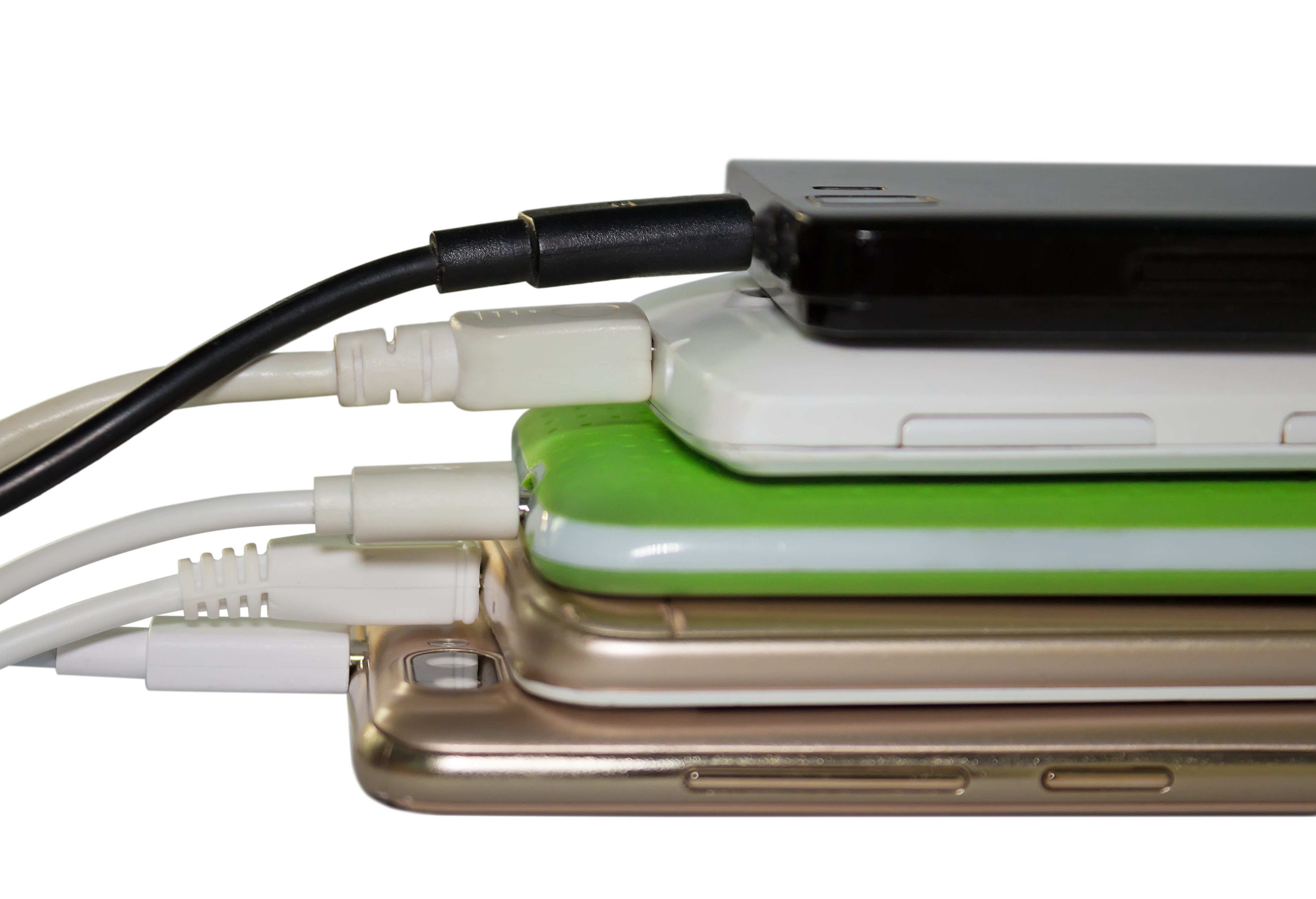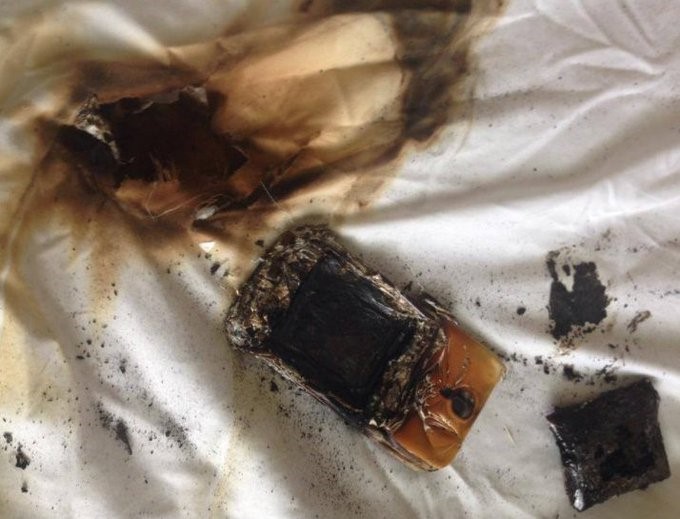
In 2019, for the first time, U.S. consumers spent more time with their mobile devices than watching TV. Smartphones accounted for 70 percent of that mobile time with users spending an average 3 hours, 10 minutes per day on them, according to a study by trend-watcher eMarketer.
This much phone use requires a lot of device charging — and potential risk. It’s easy to lose or leave behind the charging accessories that came with the device. For a quick fix, the natural tendency is to run into the nearest discount store or click “buy” at an online retailer to replace them.
But be careful what you grab, warns Brad Adcock, Walton EMC’s director of safety and training. While those cheap replacement cables and chargers might seem like a bargain, the damage they can potentially do is costly.
“If you purchase a cheap charger, you might be buying trouble.”
“Remember what your parents always said: You get what you pay for,” Adcock cautioned. “If you purchase a cheap charger, you might be buying trouble.”
Costly consequences
The most recent figures from the National Fire Protection Association reports electrical distribution, lighting and power transfer equipment (such as electronic device chargers) accounted for half (50 percent) of home fires involving electrical failure or malfunction between 2012 and 2016.
With mobile device use — and the necessary charging — increasing yearly, the number of fires attributed specifically to counterfeit charging accessories is bound to climb, warn experts like Randy Ivans, wire and cable program manager for UL, one of the world’s largest product safety laboratories.
UL tests and writes standards for mobile device charging accessories. Researchers have found that uncertified, or counterfeit, phone chargers are less likely to meet established safety and quality testing guidelines as compared to their name-brand counterparts.
“They are readily available, easy to get, nice on the pocketbook, but be aware that you are going to get what you pay for. These cheap chargers may or may not have safety certifications on them,” said Ivans.
Buying cheap charging cords and blocks can have costly consequences, he warns.

Courtesy Electrical Safety First
“You can potentially overcharge the battery,
which can cause a fire or explosion.”
“You can potentially overcharge the battery, which can cause a fire or explosion,” he said. “You can also damage the phone to the point that you won’t be able to use it or get the data off it anymore.”
Generic, low-cost phone chargers can also injure users, according to a study published in the Annals of Emergency Medicine.
“Even with a low-voltage device, if the current is high, then the electric shock can be severe,” said Dr. Carissa Bunke, a leader of the study. Fires resulting from faulty chargers can potentially cause severe burns to the body, too.
Buyer beware
Last year, consumer investigators for “Good Morning America” purchased cables for charging an Apple iPhone from eight discount and online retailers. Despite packaging claims, six of the eight cables inspected by experts were determined to lack the Apple protective chip that guards against a power surge or potential overheating. Two of the eight claimed to have a MFi (Made For iPhone) certification, but neither did.
So, how does a consumer guard against generic, low-cost phone chargers that can cause home fires and even bodily injuries? The technology experts at Komando.com provide these suggestions for ensuring your safety
- Only purchase charging accessories from name brand manufacturers.
- If you use Apple products, use only MFi chargers. Check the Apple website for a list of retailers that offer the genuine, certified chargers.
- For Android, make sure the charger is compliant with USB-C specifications.
- Don’t leave your phone charging unattended.
- Never sleep with your phone or mobile devices charging in bed.
- Avoid leaving a charger plugged in when it is not connected to a phone.
- Don’t charge in hot environments.
Mobile devices, and the need to charge them, are here to stay. Make sure your devices are a help and not a hazard by purchasing them from the original manufacturer or directly from a business you trust. Avoid counterfeit charging cords and blocks that can ruin your expensive electronics and pose a serious threat to your health and home.